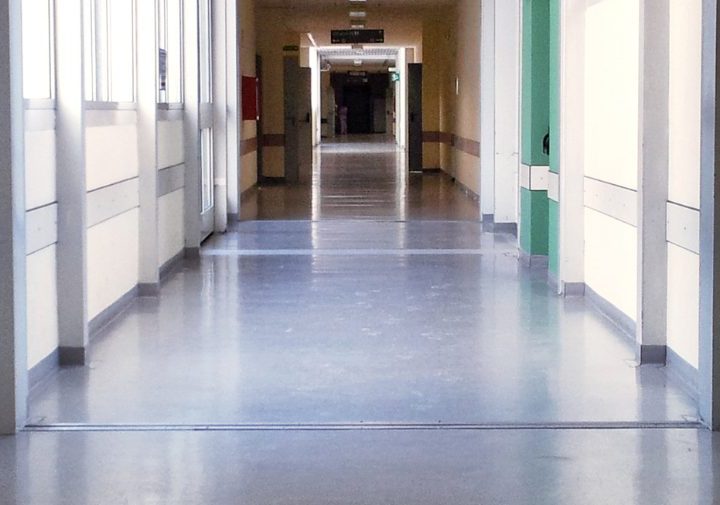Recent reports have found that failings in the provision of basic medical care on NHS mental health wards have resulted in deaths of patients up and down the country.
Deaths of mental health detainees have occurred for a number of different reasons, including malnutrition, lack of exercise, and starvation.
An investigation at the end of 2022 uncovered shortcomings such as staff failing to carry out basic health checks including testing for risk of blood clots; nurses and care assistants without adequate CPR training; patients going untreated for side effects of medication; and rapidly deteriorating physical health going unnoticed.
The National Confidential Enquiry into Patient Outcome and Death discovered that as many as a fifth of patients in mental health units nationwide are not receiving basic physical healthcare checks upon admission. The report cautioned of ‘significant missed opportunities’ to recognise and treat physical health conditions in mental health patients.
The inequalities lead for the Royal College of Psychiatrists, Dr Lade Smith, reported that those with ‘severe and enduring mental health problems’ are likely to die 15 to 20 years earlier than someone in the general population.
Margaret Flynn, chair of a 2011 review conducted after the revelation of horrific abuse of patients with learning difficulties at a publicly-funded hospital, said that people being admitted to mental health facilities are ‘seen to be there because they’re mad or bad. So they’re not looking at people’s physical healthcare’.
Experts have advised that inadequate training and a scarcity of funding are factors in the neglect of patients. In another key NHS review published in 2021, it was reported that ‘People have assumed that the teams in those units do have all the necessary skills to manage people’s physical healthcare, and yet frequently the evidence is to the contrary. Many people in those units recorded not going out for exercise, not going out for a walk, sometimes not even getting off the grounds’.
Through inquests, coroners have brought cases of mental health patients’ physical illnesses being mistaken for psychiatrics problems to light.
Despite an abundance of warnings from coroners over the past decade, there is still a lack of funding and focus being dedicated to this issue from governing bodies.
Lucy McKay, of the charity Inquest, commented that ‘urgent action across the NHS is needed to increase connection and communication between services and ensure mental health units are better integrated with professionals who can monitor and treat physical health’.
Now, the first public inquiry into mental health services in England is being held in Essex, and will investigate the deaths of around 2,000 people. The inquiry is set to be published in spring of 2023.
The inquests team at Farleys have extensive experience of offering support to grieving families whose loved ones have died whilst in the care of mental health services.
If you have experienced the loss of a loved one whilst they were being cared for by a mental health service, our inquests team will offer you advice and assistance through the process. Call 0845 287 0939, send your enquiry through our online form, or use the online chat below.






